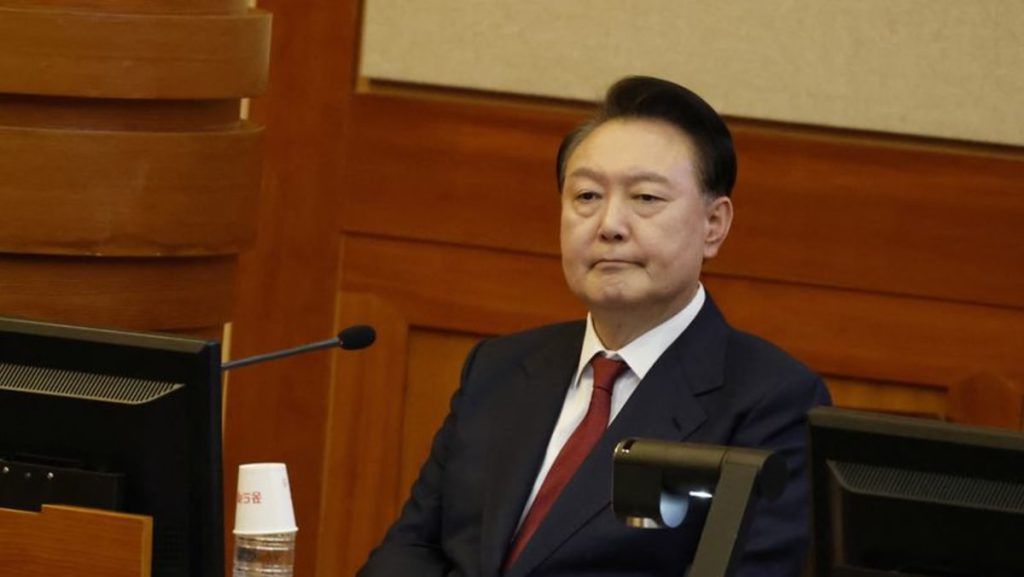The political landscape of South Korea experienced a seismic shift on Friday, January 24th, as a Seoul court delivered a pivotal ruling that reverberated through the ongoing impeachment proceedings against President Yoon Suk Yeol. The court denied the prosecutors’ request to extend Yoon’s detention, a decision that has significant implications for the high-stakes legal battle surrounding his controversial attempt to impose martial law on December 3rd. This rejection marks a critical juncture in the unfolding political drama, potentially accelerating the legal proceedings and adding another layer of complexity to the already turbulent situation.
Yoon’s impeachment and subsequent suspension from office on December 14th stemmed directly from his short-lived declaration of martial law, an act met with widespread condemnation and swift legislative intervention. The Corruption Investigation Office for High-ranking Officials (CIO), tasked with investigating allegations of corruption within the government, formally requested the prosecutor’s office to indict Yoon on charges of insurrection and abuse of power. These charges represent the gravity of the accusations against the suspended president, highlighting the potential constitutional crisis his actions precipitated. The martial law declaration, though quickly overturned by the National Assembly, underscored deep-seated concerns about executive overreach and the stability of democratic processes within South Korea.
The CIO’s request for an indictment followed Yoon’s incarceration the previous week, as investigators delved into the circumstances surrounding the martial law decree. Their probe focused on uncovering the motivations and justifications behind the declaration, seeking to establish whether Yoon’s actions constituted a legitimate response to a national emergency or an abuse of power aimed at consolidating his authority. The CIO’s investigation represented a crucial step in holding the suspended president accountable for his actions and ensuring the integrity of South Korea’s democratic institutions.
The court’s decision to reject the extension of Yoon’s detention introduces a new element of uncertainty into the impeachment process. While the CIO anticipated an extension of up to 10 days to finalize their investigation and formally charge the president, the court’s ruling effectively accelerates the timeline. This accelerated timeline puts pressure on the prosecution to expedite their preparations and solidify their case against Yoon, potentially impacting the depth and breadth of their investigation.
The implications of this ruling extend far beyond the immediate legal proceedings. The court’s decision could be interpreted as a signal of the judiciary’s stance on the strength of the evidence against Yoon and their assessment of the necessity for extended detention. This interpretation could influence public opinion and shape the political discourse surrounding the impeachment trial. Furthermore, the ruling could impact the strategies employed by both the prosecution and the defense teams, forcing them to adapt to the altered legal landscape.
The ongoing impeachment saga continues to grip the nation, highlighting the fragility of political stability and the importance of upholding democratic principles. The court’s decision not to extend Yoon’s detention marks a significant development in this unfolding drama, adding another layer of complexity to the already charged political atmosphere. As the legal and political battles continue, the future of South Korean governance hangs in the balance, with the outcome of the impeachment trial poised to reshape the country’s political landscape for years to come. The nation awaits further developments with bated breath, as the fight for justice and accountability unfolds on the national stage.

